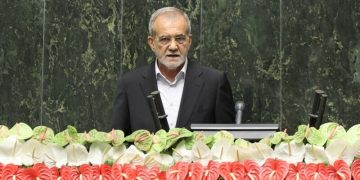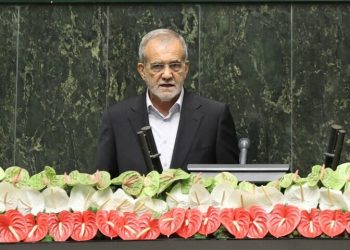A USCIRF annual report on Tuesday gave India its harshest rating since 2004, saying the Prime Minister Narendra Modi has promoted “campaigns of harassment and violence” against Muslims and other religious minorities.
The US Commission on International Religious Freedom is a government body charged with monitoring religious freedom abroad and the US government’s response to it. USCIRF, as it is called, has no power to enforce its recommendations, but the State Department is required to consider them.
The report suggested that the State Department designate India as a “country of particular concern,” or CPC, said Nadine Maenza, its vice chair, because it “tolerated particularly severe violations of religious freedom.” The most “startling and disturbing,” she said, was India’s passage of a citizenship amendment act that fast-tracks citizenship for newcomers who belong to six religions but excludes Muslims.
“This potentially exposes millions of Muslims to detention, deportation and statelessness when the government completes its plan for a nationwide, national register,” she said.
A spokesman for India’s Ministry of External Affairs did not immediately respond to a request for comment.
During a visit to India in February, President Trump defended Modi’s record on religious tolerance, even as violence erupted in the country over the citizenship law.
“We did talk about religious freedom, and I will say that the prime minister was incredible in what he told me,” Trump said. “He wants people to have religious freedom and very strongly.”
The group said religious freedom had also “continued to deteriorate” in China, where as many as 1.8 million Muslims have been detained in concentration camps.
The report cited improvements in two countries in particular — Sudan and Uzbekistan. USCIRF removed Sudan from the CPC list for the first time since the list was created in 2000 and Uzbekistan since 2005. The report praised the developments in both countries, which remained on the “special watch list.”
It also highlighted concerns about growing anti-Semitism, particularly in Europe. It noted that 4 in 10 young European Jews are considering emigrating because of anti-Semitism and urged the Trump administration to “ensure that combating anti-Semitism is a key priority.”
This article originally appeared in Washington post










































